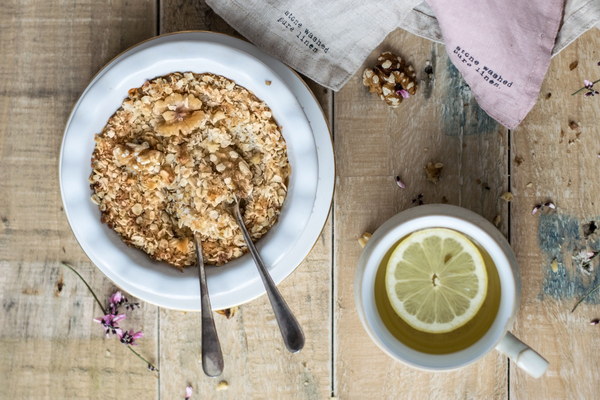Top 5 Foods to Boost YourProgesterone Levels Fast During Pregnancy
Are you looking for the fastest ways to increase your progesterone levels during pregnancy? While progesterone supplements might be the most direct route, incorporating certain foods into your diet can also help. Here’s a guide to the top 5 foods that can help boost your progesterone levels naturally.
1. Flaxseeds
Flaxseeds are an excellent source of lignans, which are plant compounds that can help increase progesterone levels. They also contain omega-3 fatty acids and fiber, which can help regulate your hormones and reduce inflammation. To incorporate flaxseeds into your diet, sprinkle them on your morning oatmeal, yogurt, or add them to smoothies.
2. Chia Seeds
Similar to flaxseeds, chia seeds are rich in omega-3 fatty acids and fiber, which can help boost your progesterone levels. They also contain essential minerals like magnesium and selenium, which are important for hormonal balance. Add chia seeds to your smoothies, sprinkle them on salads, or use them to make chia pudding.

3. Almonds
Almonds are a great source of vitamin E, which can help increase progesterone levels. Vitamin E also acts as an antioxidant, protecting your cells from oxidative stress. To enjoy almonds, have a handful as a snack, add them to your salad, or use them to top your oatmeal.
4. Sunflower Seeds
Sunflower seeds are an excellent source of vitamin E, magnesium, and selenium, all of which are important for hormonal balance. These seeds can help increase your progesterone levels and reduce symptoms of PMS and menopause. Add sunflower seeds to your salad, sprinkle them on your yogurt, or use them to top your baked potatoes.
5. Dairy Products
Dairy products, such as milk, cheese, and yogurt, are rich in calcium and vitamin D, which can help increase progesterone levels. Additionally, consuming dairy can help maintain healthy bones and teeth during pregnancy. Include dairy products in your diet by having a glass of milk with your meals, enjoying a slice of cheese with crackers, or having a bowl of yogurt with your favorite toppings.
It’s important to remember that while these foods can help increase your progesterone levels, they should not replace any medical treatment prescribed by your healthcare provider. If you’re experiencing symptoms related to low progesterone levels, it’s best to consult with your doctor to determine the most appropriate course of action.
In conclusion, incorporating these five foods into your diet can help boost your progesterone levels during pregnancy. However, it’s essential to maintain a balanced diet and healthy lifestyle to support your overall well-being. Remember to consult with your healthcare provider before making any significant changes to your diet or starting any new supplement regimen.









